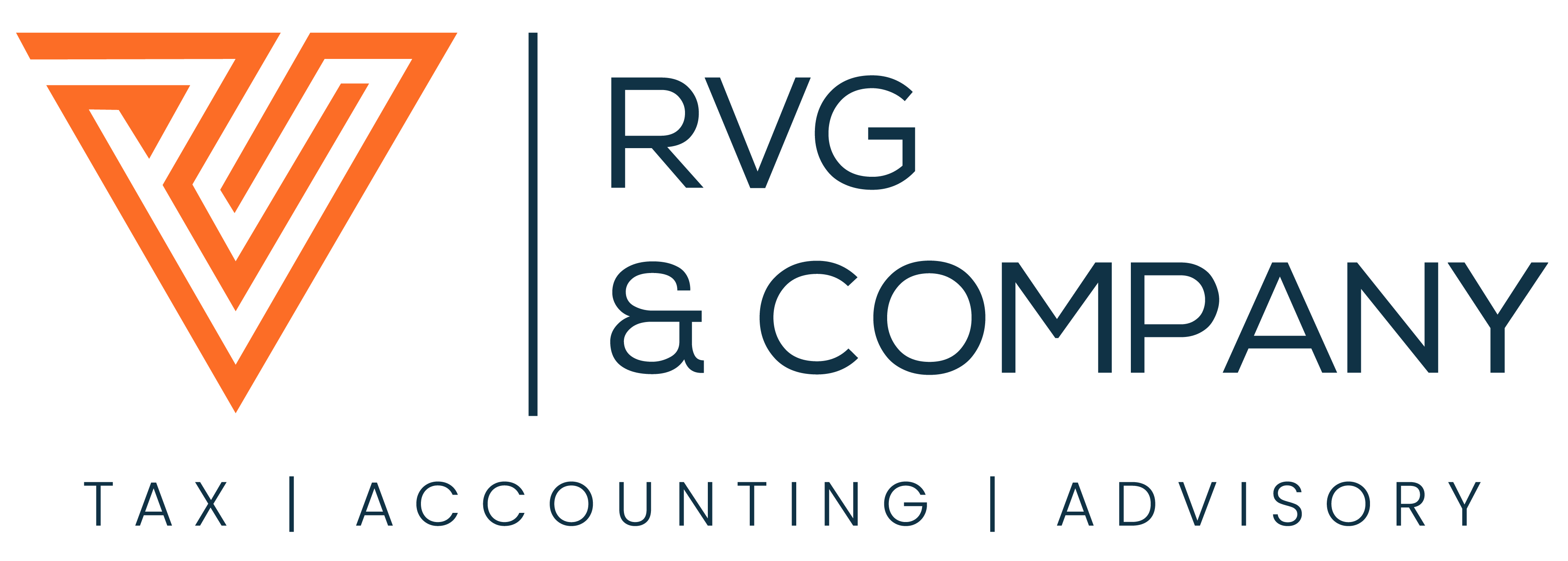
IRS Publishes Private Letter Ruling Concerning IRC Section 1202 – Qualified Small Business Stock
Under IRC § 1202, if a taxpayer other than a C corporation sells or exchanges qualified small business stock (QSB stock) that has been held for more than five years, 100% of the gain from the disposition may be excluded from the taxpayer’s gross income. The 100% exclusion applies to QSB stock acquired after September 27, 2010. QSB stock acquired before that date has a reduced exclusion amount. This benefit applies if the stock meets all the criteria of IRC § 1202. IRC § 1202 allows eligible taxpayers to exclude gain that is greater than $10 million or 10 times the taxpayer’s basis in the QSB stock sold.
In general, here are the significant requirements that must be met to qualify for the 100% gain exclusion:
· Only stock of C corporations qualifies for the gain exclusion.
· QSB stock must be originally issued by the C corporation.
· Qualified small business requirement – The aggregate gross assets of the C corporation did not exceed $50M at the date of issuance.
· The C corporation must be engaged in a qualified trade or business.
· 80% of the assets of the C corporation must be used in an active qualified trade or business.
· 5 year holding requirement by shareholders.
The IRS recently released Private Letter Ruling 202114002 (PLR) regarding the application of the “qualified trade or business” requirement under IRC § 1202. This PLR is significant because the IRS has not issued much guidance on this provision since it was enacted in 1993. While the PLR supports the taxpayer’s capital gain exclusion, more importantly, it provides insight into the factors that the IRS may consider in determining whether a corporation is engaged in a “qualified trade or business” for purposes of the gain exclusion.
In short, IRC § 1202(e)(3)(A) provides that a company engaged in brokerage services would not be a qualified trade or business under the QSB stock rules. Consequently, the shareholders would not be able to exclude from gross income the capital gain generated by the sale of the company’s stock.
It should be noted that the term “brokerage services” is not defined in IRC § 1202 or the legislative history. As a result, the IRS relied upon a dictionary definition of the term to determine if the company engaged in brokerage services. To perform this analysis the IRS reviewed the day-to-day operations of the company.
In the Merriam-Webster dictionary, a broker is defined as “one who acts as an intermediary: such as an agent who negotiates contracts of purchase and sale (such as of real estate, commodities, or securities).” The IRS found that the company’s role in its insurance business is not that of a mere intermediary. Contracts with insurance companies and customers require the company to perform several administrative services beyond those that would be performed by a mere intermediary facilitating a transaction between two parties. Once an insurance policy or contract is put into place, the business has an ongoing relationship with the insurance company and its customer – the purchaser of the policy.
For example, the company must promptly report all known incidents, claims, suits, and notices of loss to the insurance company or its designated claims adjuster and cooperate fully to facilitate any investigation, adjustment, settlement, and payment of any claim. It also must keep records of all transactions and correspondence with the insureds at its principal office. These records and insurance accounts must be open to examination, inspection, and audit by the insurance company upon reasonable notice.
The importance of this PLR is two-fold. First, the PLR provides insurance agents and brokers with a reasonable basis to assert that they are engaged in a qualified trade or business under IRC § 1202 if their facts resemble this ruling. In this regard, the PLR illustrates that the IRS would examine the facts and circumstances of a business to determine whether it is a qualified business under the QSB stock rules and not merely rely upon titles and broad categories to arrive at a conclusion.
Second, in light of President Biden’s proposed increase to the capital gains tax rate from 20% to 39.6%, the gain exclusion under IRC § 1202 may get more attention from taxpayers and the IRS as it becomes a means to minimize taxes.
If you have any questions regarding the application of IRC § 1202 to your business and/or the impact of the potential capital gains tax increase, please contact a tax expert at RVG & Company at 954.233.1767, to discuss this matter.
